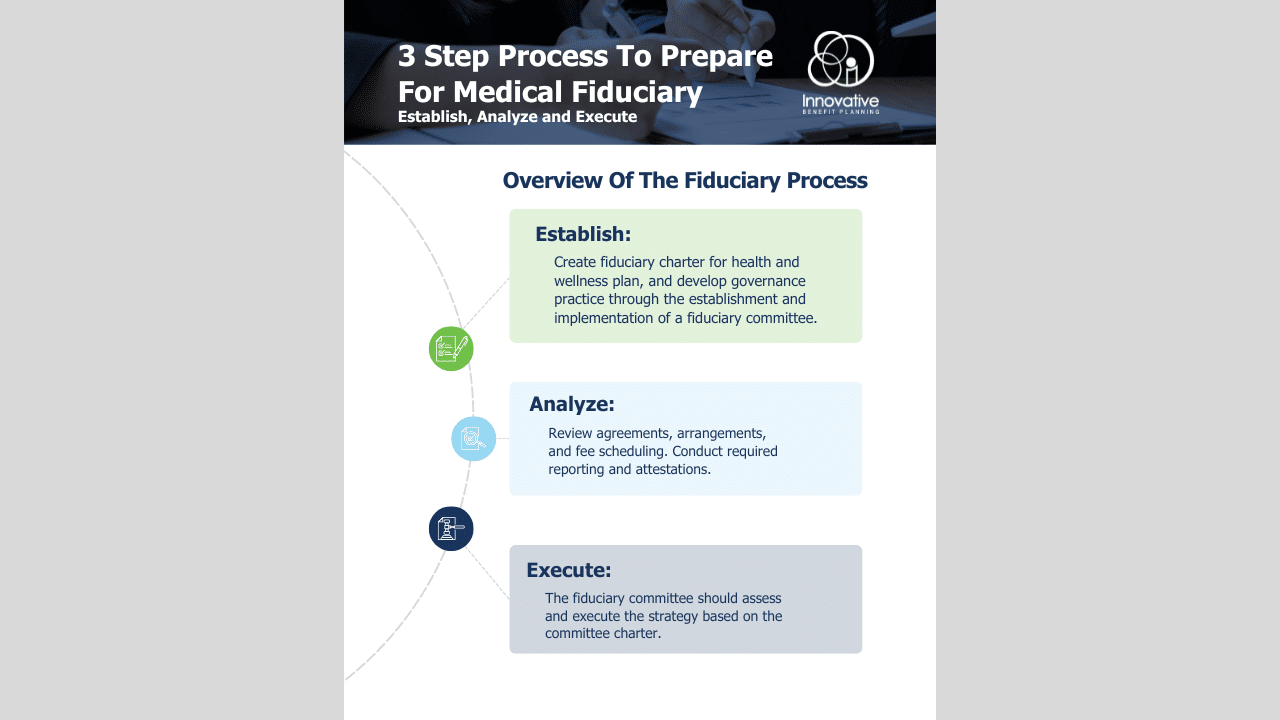Over the past decade, plan sponsors have become familiar with the voluntary correction programs offered by the IRS and Department of Labor, including the Service’s Employee Plans Compliance Resolution System (EPCRS) and the DOL’s Voluntary Fiduciary Correction Program (VFCP). These programs offer formal ways for sponsors to correct certain administrative errors in the operation of their plans. Even if employers choose not to avail themselves of these formal programs, however, correcting administrative mistakes can eliminate the risk of fiduciary liability under ERISA.
Operational errors in administering a retirement plan not only threaten the plan’s “qualified” status under the Tax Code, but can also result in fiduciary liability under ERISA for those who are responsible for the errors. One of the primary duties imposed on ERISA fiduciaries is to administer the plan “in accordance with the documents and instruments” governing it. Failing to do so is a violation of that fiduciary duty, which can lead to personal liability. And administrative errors almost always involve a failure to comply with a plan’s terms.
A Massachusetts employer recently prevailed on a fiduciary breach claim because the employer had voluntarily corrected its administrative error. In this case, Altshuler v. Animal Hospitals Ltd., the employer had failed to timely remit an employee’s salary deferral contributions to its SIMPLE 401(k) plan. After learning that several months of her contributions had not been deposited into the plan, Ms. Altshuler complained to the company’s president. The company voluntarily corrected its error by making all of the outstanding contributions, plus interest, and then fired Ms. Altshuler. She filed suit against the employer under ERISA, claiming (among other things) that the company breached its fiduciary duty to promptly deposit employee contributions, as required by the plan document.
The court ultimately determined that the employer had, in fact, breached its fiduciary duty under ERISA. It also ruled, however, that because the employer had already made the delinquent deposits – and thus had made the participant “whole” – the participant was not entitled to any remedy. Ms. Altshuler had been given everything to which she was entitled under the plan (the contributions and earnings), and the limited scope of remedies available under ERISA precluded her from receiving anything else from the company. Thus, although the company’s voluntary correction of its administrative error did not excuse the resulting fiduciary breach, it effectively insulated the company from liability.











